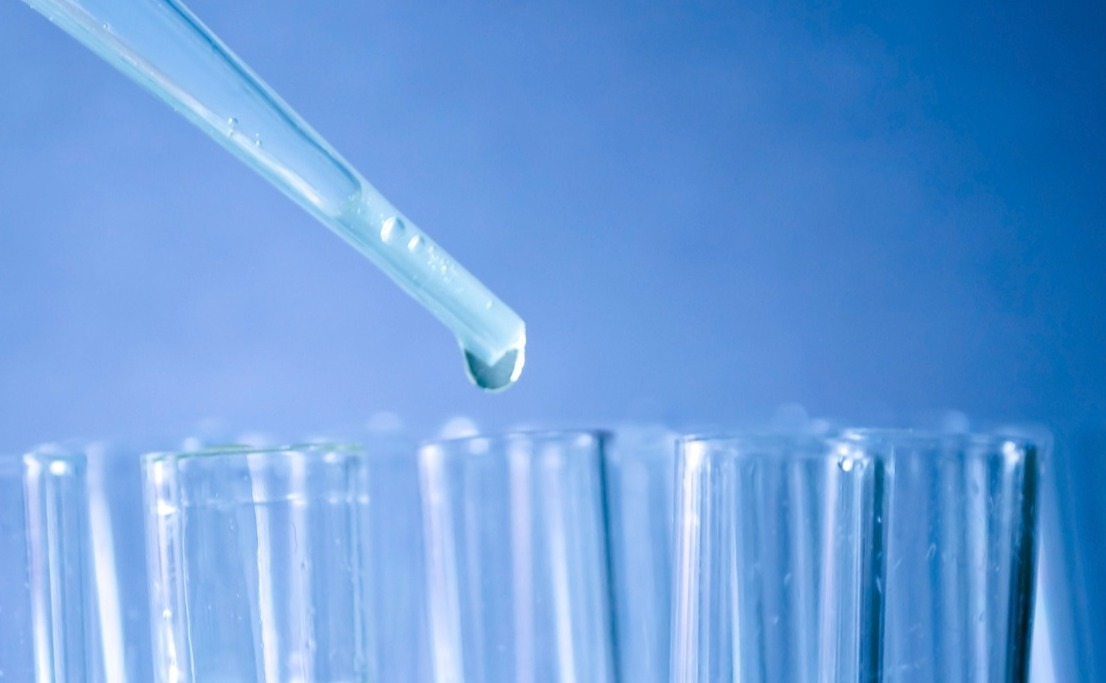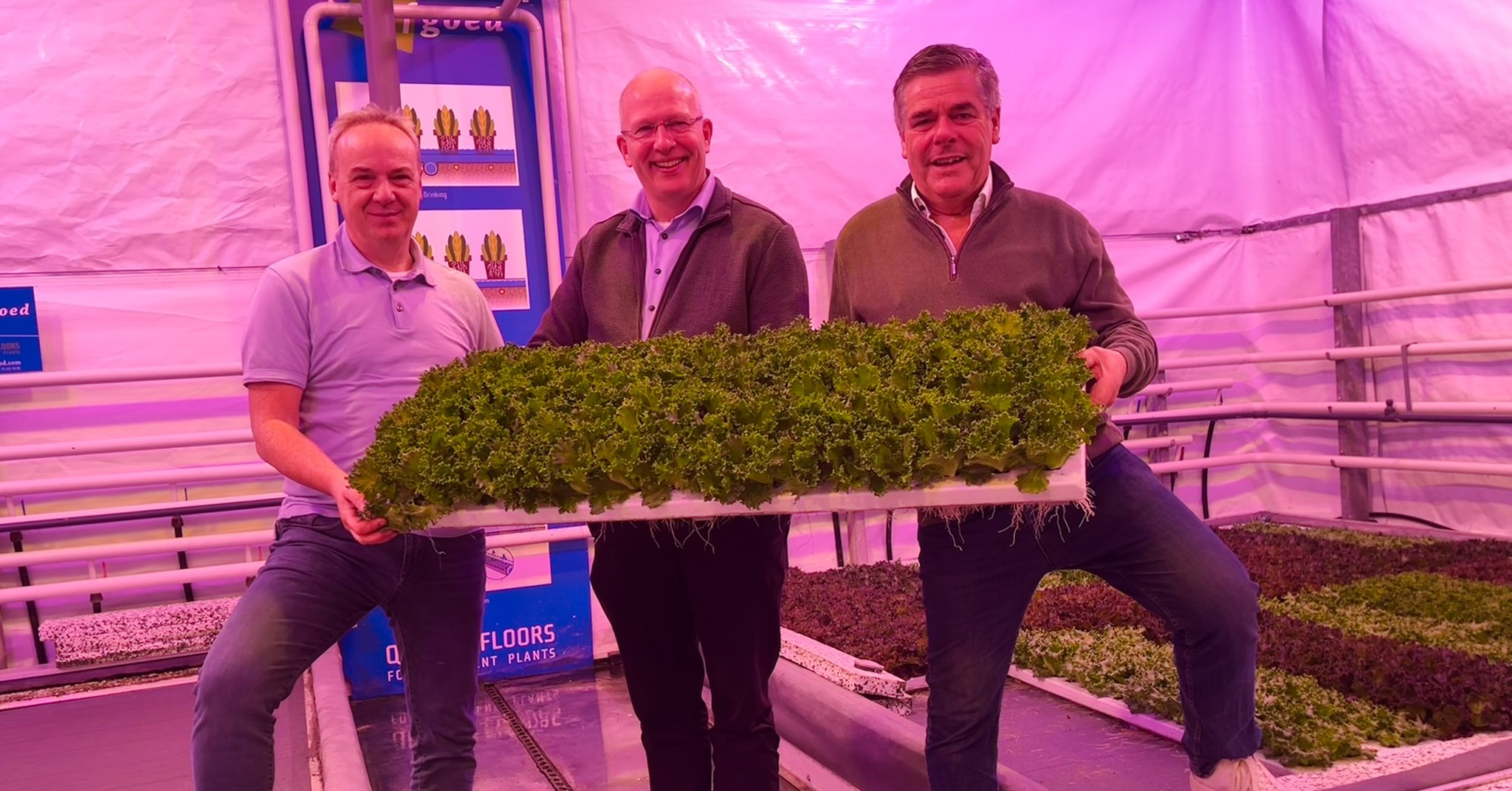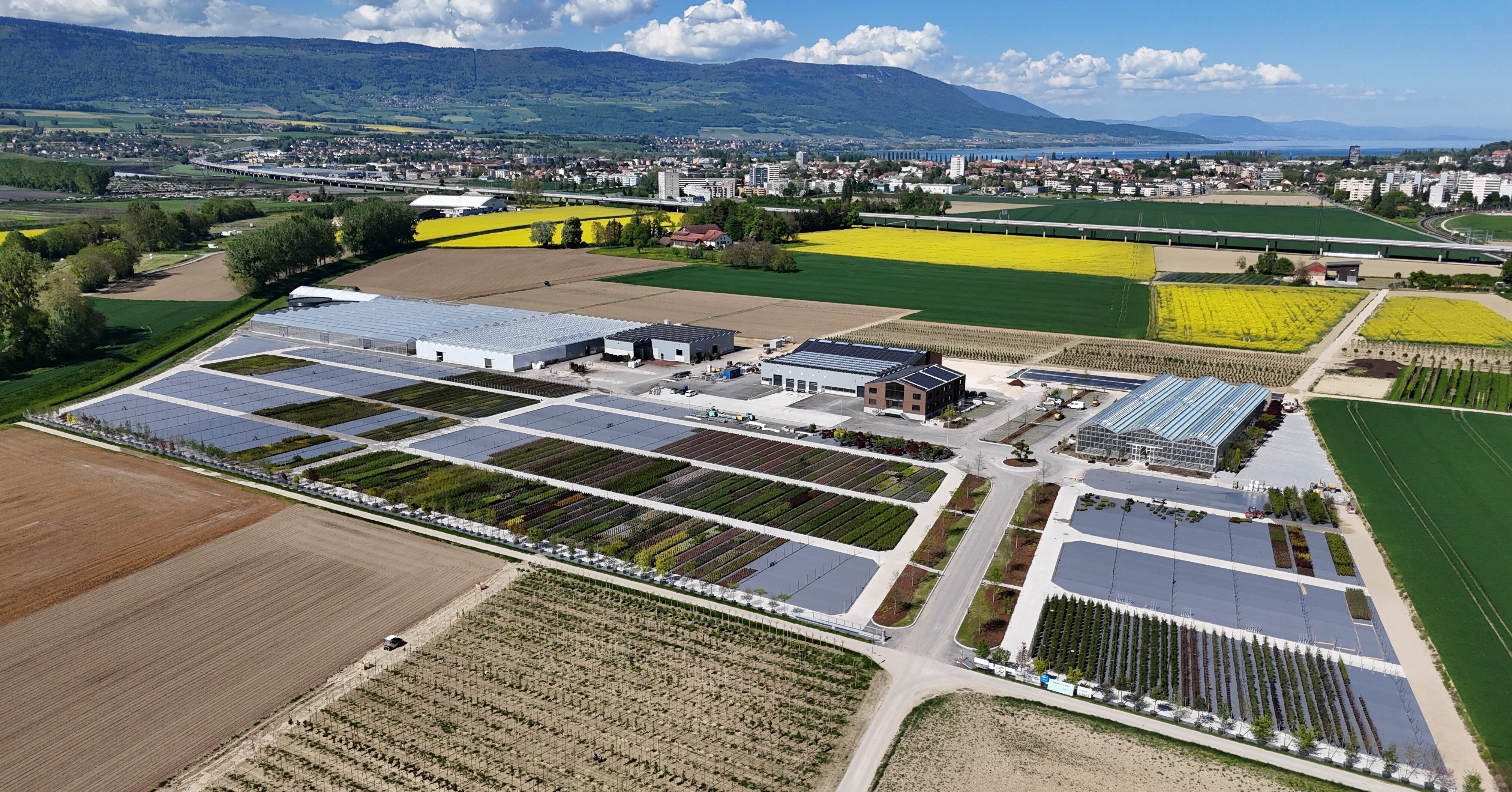- Prefer direct contact? +31 (0)79 593 38 00
- Language: English
Measuring water quality: the how, what, and why!

Measuring water quality: the how, what, and why!
Nov 3, 2022 4:30:00 PM
'To measure is knowing, to guess is missing.' And that is precisely why we measure so much; we want to base our decisions on facts! Entrepreneurs are therefore carrying out more and more data analysis, including in the field of water. This is to gain insight into consumption, what the plant needs, the effects of the weather forecast on water needs, etc. But measurements can also help to get a good picture of water quality. We answer three pressing questions about this topic.
What can you measure yourself when it comes to water quality?
If you have suitable measuring instruments, you can chart pH and EC. On this basis, depending on the plant's needs, you can easily adjust the nutrition.
What measurements can other parties perform?
Suppliers of fertilizers and detergents can provide insight into the amount of bacteria in the water using a so-called ATP meter. The water contains both good and bad bacteria. Suppliers cannot distinguish between these, but they have rough guidelines for the desired amount of microorganisms.
To get a better idea of the type of microorganisms present in the water, it is important to send a sample to a laboratory regularly. Based on the results, the composition of fertilizers can be adjusted - if necessary.
Our advice - and thus we concur with experts - is to take such a sample once every four weeks and have it analyzed.
It is also a good idea to survey surface water quality at least once a year. Of course, this is only necessary if you use surface water to meet your irrigation water needs during periods of drought. Insight into the various quality values enables quick anticipation and adjustment. This is also the advice of Teake Dijkstra, horticultural consultant at Delphy (as you can read in our white paper on water management).
What can you use the test results for?
You can use these test results to adjust the fertilizer composition, EC, and pH. Please note that the needs of a plant differ per growth phase. In the vegetative phase, the plant needs different fertilizers than in the generative phase.
Read more about water in our white paper on water management.





